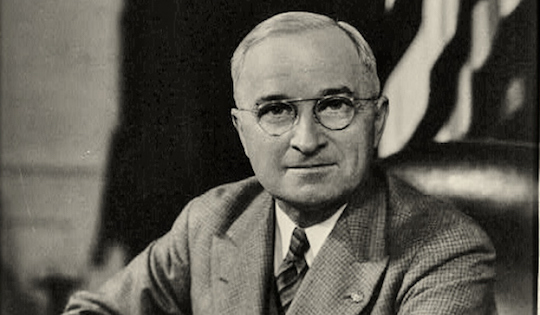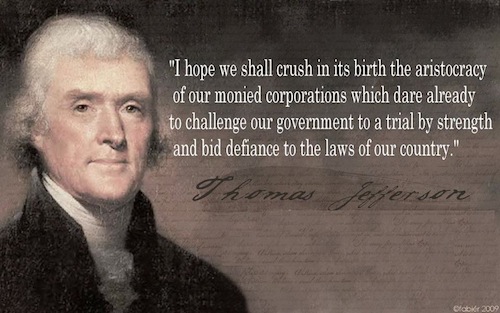One of the central propositions of the Obama presidency, along with closing Guantanamo Bay and shooting Osama Bin Laden in the face, was to reduce the role of nuclear weapons in US foreign policy. In both Prague in 2009 and Hiroshima in May, the president called for “a world without nuclear weapons.” Until that world is ours, though, the United States reserves the right to nuke first and ask questions later, presumably while pouring water over a rag stuffed in your mouth. The Times reports today that national security advisors have convinced the president to abandon plans to foreswear first use of nuclear weapons in combat. As of today, but also as of 1945, you don’t have to nuke the US for the US to nuke you.
Tag Archives: kerry
Close Readings: Kerry nominalizes a war crime
Secretary of State John Kerry argued Sunday that Russia was heavily involved in the downing of a Malaysia Airlines 777 over eastern Ukraine, and he did it in the most tepid way imaginable. Before we go any further, let’s take a moment to consider what an insanely awful thing happened Thursday. Someone used a military anti-aircraft missile to shoot down a commercial airliner carrying almost 300 people, either accidentally or because they could. Probably, it was the second one. Regardless of how you feel about the conflict in Ukraine, it has enabled at least one crew of surface-to-air missile operators to kill 300 civilians for sport. According to the US State Department, that’s Russia’s fault. And Secretary Kerry is here to tell the world, in roughly the same tone as stereo instructions.
Elizabeth Drew on how an election feels fair
For a publication staffed entirely by nerds, the New York Review of Books sure is fired up about democracy. Their coverage of Occupy Wall Street is far better than that of any traditional news outlet—by comparison, the Times appears to have closed its office in New York—and their vituperation of Super PACs is only slightly less comprehensive. This weekend, Elizabeth Drew published this consideration of whether the 2012 election can possibly be fair. “Will the presidential election reflect the will of the people?” she asks, presumably rhetorically. She follows with a more important question: “Will it be seen as doing so—and if not, what happens?”



